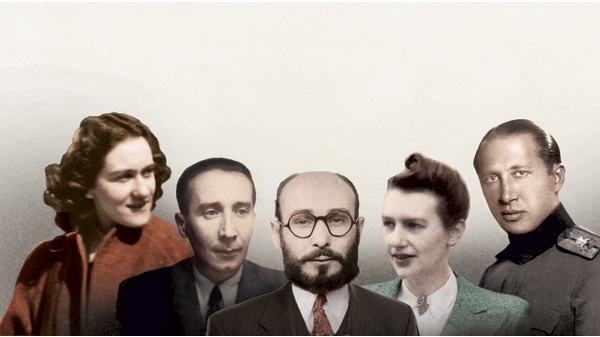To the French, Albion’s expertise in perfidy will come as no surprise. But centuries of warfare have given them time to learn. With their experience only dating back to 1914, the Germans clearly found it difficult to grasp during the second world war that nowhere is the truth more expertly and instinctively spun than in the land of the gentleman.
While a schoolchild soon masters the lie simple, and the lie financial merely requires a degree of brazenness easily developed by proximity to other people’s money, the lie belligerent demands an instinct for dis-simulation that must be bred in the bone of its practitioners to be carried off convincingly.Thus, alongside the exquisite entertainment to be derived from Double Cross, Ben MacIntyre’s account of the wartime operation to feed false information to the enemy, there ought also to lurk some unease about the source of our alarming genius for deceit.
One clue may come from the name chosen for the umbrella group made up of different Intelligence services that ran the system. Officially it was the Twenty Committee, but the Latin numerals XX comprised the sort of rebus-like pun enjoyed by minds at a slant to the straightforward view of life.
The committee’s raw material consisted of 24 German spies out of a total of 126 who had surrendered or been captured, the remainder having been imprisoned or executed. Initially the goal was simply to replace any valuable information they might have sent back with useless news. But under the impetus of an ingenious officer named Tar Robertson their handlers began to invent an almost entirely imaginary world from fictitious informants. These included indiscreet senior officers, gossipy aristocrats (the Duke of Marlborough and Lord Mountbatten among them), a group of pro-Nazi Welsh fascists, an Indian poet, and a secretary in the War Office — ‘less than beautiful and rather dowdy in her dress, but delightfully indiscreet’— who had supposedly been seduced by one of the agents, Juan Pujol Garcia, otherwise known as Garbo to the British, and Arbel to the Germans.








Comments
Join the debate for just £1 a month
Be part of the conversation with other Spectator readers by getting your first three months for £3.
UNLOCK ACCESS Just £1 a monthAlready a subscriber? Log in